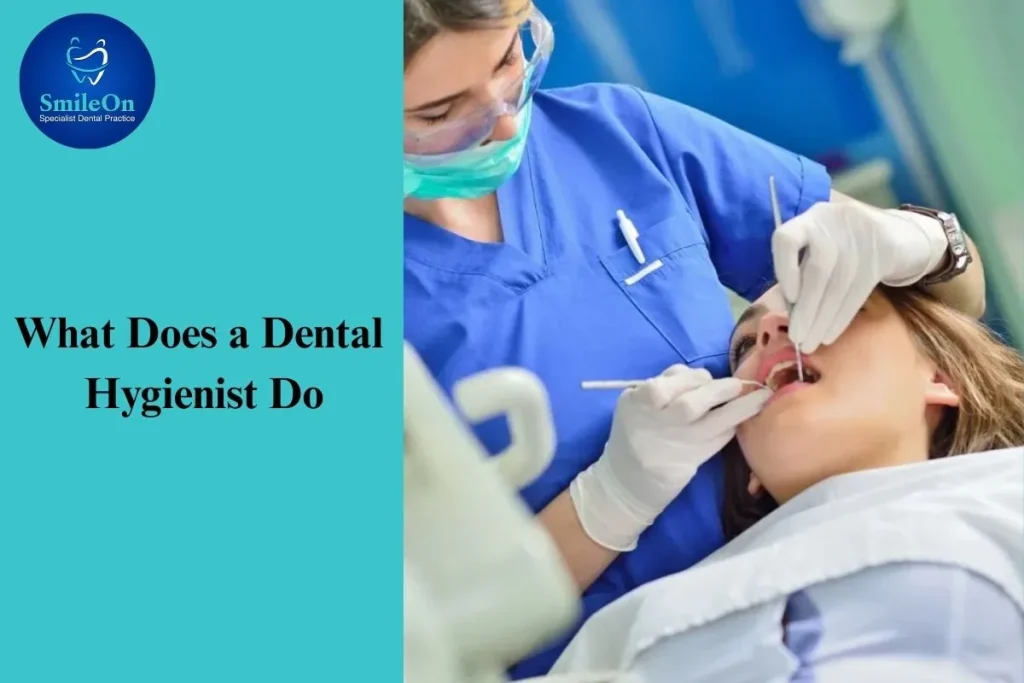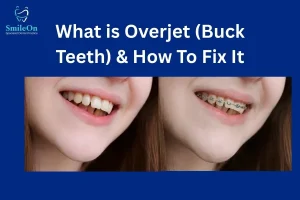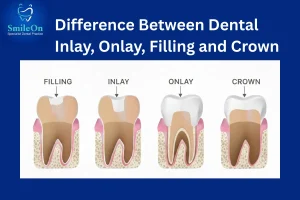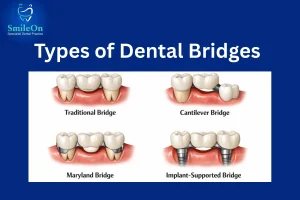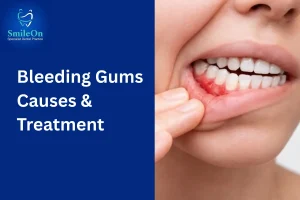Have you ever been to a dental clinic and wondered about the smiling professional who cleans your teeth, gets your X-rays and tells you how to have a healthier smile? That’s a dental hygienist.
Although dentists tend to be the primary care providers when it comes to dental health, dental hygienists also have an equally significant role in maintaining your oral health in check. They do much more than clean teeth. They are preventive care professionals who can help you prevent any further dental problems.
We will discuss what dental hygienists are, what they really do, the difference between dental hygienists and dentists and dental assistants. We will also understand why dental hygienists are important to your oral health in the long term.
Table of Contents
ToggleWhat Is a Dental Hygienist?
A dental hygienist is an oral health professional who is a licensed dentist, and they primarily look at preventive care. Their primary aim is to help the patients in taking care of their gums and teeth by cleaning their teeth, educating them on oral health and early identifying their issues.
Dental hygienists normally possess a dental hygiene associate or bachelor’s degree and are required to pass licensing exams in order to be licensed to practice. They collaborate with dentists, but training and duties are not similar. Even though dentists are associated with the diagnosis and treatment of dental diseases, hygienists are associated with prevention and maintenance.
To put it in a nutshell, dental hygienists are the keepers of your day-by-day oral care, the people who can help you keep your teeth healthy and your smile sparkled.
What Does a Dental Hygienist Do?
The position of a dental hygienist is more than just the one most individuals know about. They are expected to work:
Teeth Cleaning and Scaling:
Professional cleanings, also referred to as scaling and polishing, are one of the most important activities of a dental hygienist. They help avoid gum disease and cavities by removing stains, tartar and plaque that cannot be removed by regular brushing and flossing.
Oral Examination:
The Hygienists are habitually allowed to carry out pre-oral examination prior to the arrival of the dentist. They examine any symptoms of gum disease, tooth decay, oral cancer, or any other abnormalities that might need subsequent therapy.
Taking and Developing X-Rays:
Dental X-rays are performed by dental hygienists to provide dentists with a better view of what is going on under the surface. This will help in the diagnosis of underlying issues such as bone loss, inter-teeth cavities or affected teeth.
Patient Education on Oral & Dental Hygiene:
Patient education is one of the biggest jobs of a dental hygienist. They instruct patients on how to properly brush and floss their teeth, prescribe appropriate oral care items, and provide some diet-related recommendations in order to have healthier teeth and gums.
Provide Preventive Treatments:
Hygienists usually use fluoride therapies and dental sealants, particularly in children, to preserve the health of teeth. Such preventive steps make enamel stronger and decrease the risk of cavities.
Helping in Periodontal Care:
In the non-surgical periodontal treatments, hygienists are important to patients with gum disease. They also do deep cleanings (scaling and root planing) to eliminate bacteria under the gumline and other bacteria that help restore gum health.
Essentially, dental hygienists are the connection between everyday dental care and advanced care to maintain the health of your mouth all year round.
Dental Hygienist vs Dentist: Understanding the Difference
Even though the dental hygienists and dentists collaborate, their functions in a dental clinic are different.
- Dentist: A dentist is a physician who examines and treats dental issues like cavities, oral diseases and infections. They also carry out procedures such as fillings, crowns, root canals and surgeries.
- Dental Hygienist: A dental hygienist is mainly concerned with preventive care. They clean the teeth, educate the patients and assist in the early detection; however not conduct complicated treatments.
To put it simply:
- Dentists treat problems.
- Hygienists help to avoid them.
Both are important to lifelong oral health.
Hygienist vs Dental Assistant: How Do They Differ?
Dental assistants are frequently confused with dental hygienists, whereas their duties are not similar. The Dental Assistants assist the dentist. They clean treatment rooms, sterilize equipment, take patient histories, and aid in treatment. They have a more administrative and clinical support-oriented role.
Dental Hygienists, in contrast, deal with patients directly to practice preventive care like cleanings, exams, and education. Simply put, dental assistants provide the helping hands to the dentist, whereas dental hygienists are more independent in offering preventative oral care.
FAQs
What is dental hygiene technology?
Dental hygiene technology is the instruments, methods and machines that are employed by hygienists to keep the mouth healthy. This comprises digital X-rays, ultrasonic scalers, intra-oral cameras and other hi-tech machinery that causes preventative dental care to be more efficient and comfortable.
Can a hygienist see cavities?
Yes, oral exams and X-rays through which dental hygienists verify the presence of cavities can take place. Nevertheless, oral cavities can only be diagnosed and treated by a licensed dentist. Hygienists detect possible problems and send patients to the dentists to seek more attention.
Is a dental hygienist a doctor?
No, dental hygienists are not physicians. They are licensed practitioners who are trained in dental hygiene, but have no degree, such as a Doctor of Dental Surgery (DDS) or Doctor of Dental Medicine (DMD), as do dentists. They are involved in prevention rather than complicated treatment.
Conclusion
A dental hygienist is far more than the one who cleans your teeth. They are dental health professionals who specialize in prevention, education, and early detection- making sure that you can prevent significant dental issues in the future. Although dentists are essential in treatments and surgeries, hygienists play the most important role in preventive care that keeps your smile healthy in the future.
When you need to have high-quality oral care with qualified professionals, come to SmileOn Dental Clinic. It is where dentists and hygienists will collaborate to ensure you have the whitest, healthiest smile.


